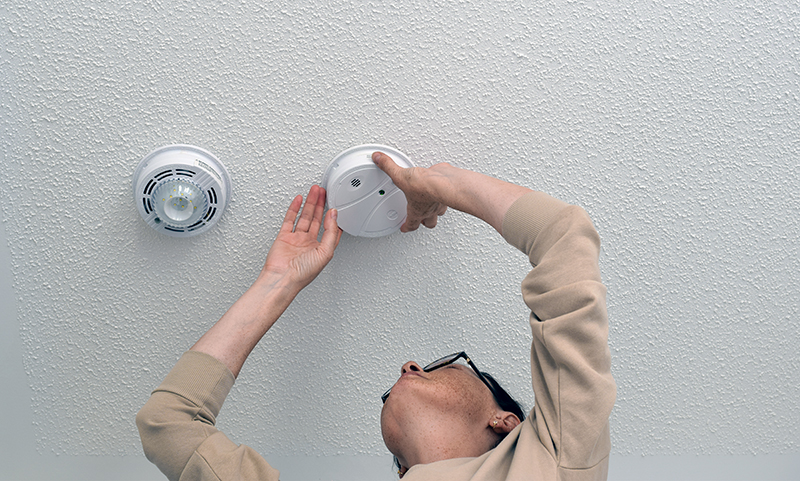
In times of crisis, communication can pose significant challenges due to loud sirens, high-stress situations, and disrupted phone lines. This can make it difficult for people to communicate effectively, process information, and think clearly. For those who are deaf or hard of hearing, these difficulties can be even more challenging. They face added obstacles, such as communication difficulties during emergencies or disasters and the inability to hear emergency alerts. People with hearing impairments may have difficulty perceiving emergency alerts like fire alarms and sirens. Limited hearing can also pose challenges in detecting subtle danger cues and communicating with first responders during crises. To prepare for emergencies, consider the following emergency hearing loss tips.
Emergency Hearing Loss Tips: How to Handle an Emergency with Hearing Loss
Being Prepared is Crucial
Emergencies can happen unexpectedly, like accidents, illnesses, or natural events. You can prepare for these situations by making an emergency plan that explains where to go and what to do. You should also have a go-bag ready and a pre-arranged meeting spot. It’s also a good idea to talk to a friendly neighbor about your emergency plan and ask them to check on you if they hear your alarm.
Safety Strategies to Put Into Practice
Update Alarms and Safety Devices Regularly
For people with hearing loss, traditional smoke alarms and carbon monoxide detectors that emit beeps when danger is detected may not be effective. To ensure safety, individuals with hearing loss should consider obtaining an alarm system with extra amplification or one that emits a lower frequency sound, visual cue or incorporates vibrotactile elements. Visual or tactile systems, like a flashing doorbell or a bed-shaking alarm, are advantageous while sleeping, as most individuals do not wear their hearing aids during that time.
Keep Your Hearing Aids Within Reach
Hearing aids can enhance your capacity to hear warning signs and communicate effectively. However, without power, they won’t be of much help. To ensure your hearing aids are always functioning, it’s essential to keep them charged or have fresh batteries and maintain them properly. It’s also a good idea to charge them near your bed for easy access during emergencies at night. If you live in an earthquake-prone area, secure the container of your hearing aids to your bedside table to prevent them from falling off during tremors. Lastly, keep spare batteries in different locations, such as your car or purse, in case of emergencies. If you have rechargeable hearing aids, consider getting a portable power bank to store in your go-bag or car for quick access.
Obtain a Medical Information Bracelet
A medical ID bracelet is a crucial tool that provides first responders with important information about your health. It lets them quickly identify you and any medical impairments you may have. For individuals with hidden disabilities, it serves as a vital means of communicating crucial health details, such as medication allergies and specific information about hearing loss.
Include Communication Support in Your Emergency Kit
When preparing an emergency bag, include a power source for your hearing aids and communication aids. You should also bring communication tools such as pen, paper, or communication cards, and if you rely on lipreading or sign language, remember to pack flashlights and batteries. Additionally, it’s important to use waterproof containers for your hearing aids or implants to keep them safe.
Inform Others of Your Situation
Notifying others if you have hearing loss is important to ensure clear communication. You can show them your hearing aids or provide relevant details to avoid any misunderstandings with law enforcement. Don’t hesitate to ask for help from neighbors, friends, or first responders. In case of emergencies, seek assistance promptly.
Dealing With Problems Related to Hearing Aids
In a hearing aid emergency, you can rely on your other senses for assistance. Move closer to speakers and ask them to speak up, slowly and clearly, while focusing on their faces and attempting to lipread. Avoid unnecessary background noise, such as TV, or move away from loud noises outside.